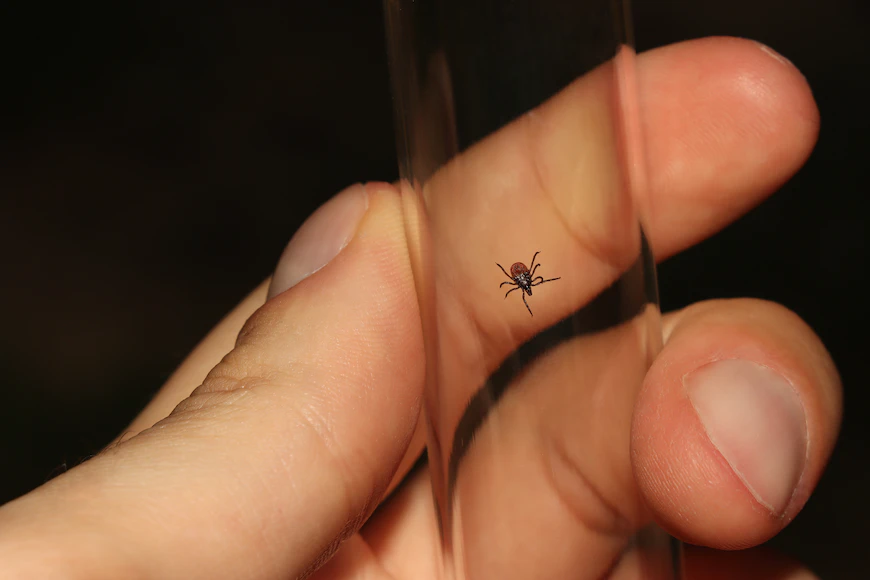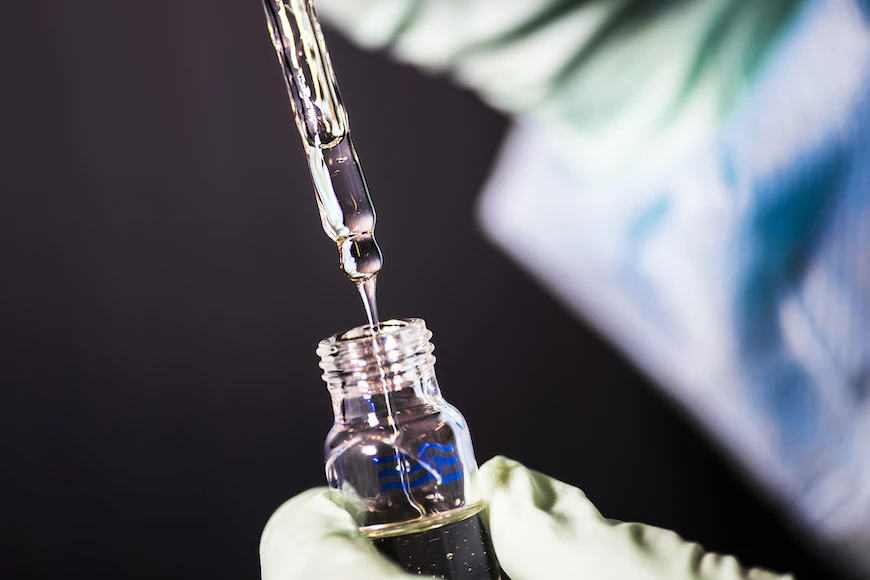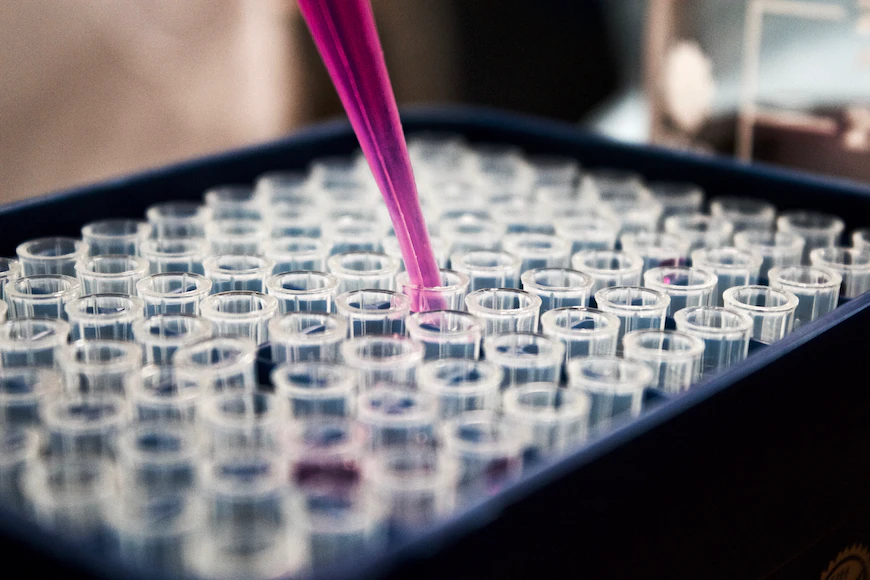"Turn the pain of body shaming into the power of body positivity—embrace your worth and rise above negativity."

We all have insecurities. They might stem from various aspects of our lives—our weight, finances, career choices, social standing, or physical appearance. These feelings are a natural part of being human, but they can sometimes weigh us down and affect how we view ourselves.
What’s even more disheartening is when others exploit these vulnerabilities. When people mock or belittle us for things we’re already self-conscious about, the impact can be profound. One particularly harmful form of this behaviour is body shaming. It’s a toxic practice that targets our physical appearance, often leading to a cycle of shame and self-doubt.
But there’s a way to rise above it. This article is here to guide you through that process—to help you cope with the negativity of body shaming and transform it into a source of empowerment. Together, we’ll explore how to turn body shaming into body positivity, creating a mindset that celebrates your worth rather than letting others define it.
What is Body Shaming?

Body shaming is a form of bullying that specifically targets a person’s physical appearance and body image. It can involve hurtful comments about weight, shape, size, hairstyle, or even clothing choices. This behaviour can be subtle or overt, but its impact is consistently harmful.
What makes body shaming even more troubling is that it affects people of all ages. From children in school to adults in professional settings, no one is completely immune. This is a sensitive subject for everyone because our physical appearance is such a personal and vulnerable part of our identity.
When someone is subjected to body shaming, it often chips away at their confidence. They may start to feel as though something about them is inherently wrong or flawed. This can lead to a cycle of self-doubt, where they begin comparing themselves to others and questioning their own worth. Over time, these feelings can grow into deeper insecurities, making it crucial to address body shaming and its damaging effects.
How to Turn body-shaming into Body Positivity
Creating Healthy Habits

Begin by eating more nutritious meals: add extra vegetables to your plate, drink plenty of water, and cut down on junk food. These small changes can greatly boost your energy and well-being.
Exercise is another excellent way to care for your body. Whether it’s starting a workout routine, taking up a sport, or simply going for regular walks, staying active is good for your physical and mental health.
Getting enough sleep is also crucial. Try not to stay up too late and aim for a good night’s sleep every night. Being well-rested helps improve your mood and gives you the energy to handle daily challenges.
Don’t overlook the importance of skincare. Use a good moisturiser to keep your skin hydrated and apply sunscreen to protect it from damage. These simple actions are a way of showing yourself respect and recognising your worth.
Remember, it’s never too late to start focusing on your health. There’s no need to set strict goals or aim for a specific size or weight. It’s about creating habits that make you feel happy and comfortable in your own body.
The Power of Words

The words you speak to yourself hold great power—they can shape your thoughts, build your confidence, and shift your mindset toward a more positive outlook.
Start by finding affirmations that work for you. Remind yourself of your worth with phrases like, “I am enough,” “I deserve to be loved,” or “I am just a human, like everyone else, worthy of respect.” These statements may feel strange at first, but over time, they can help reset your mind and foster self-belief. What you say to yourself becomes what you believe, so choose words that uplift and empower you.
Being yourself doesn’t mean holding on to the negative sides of who you are. Instead, focus on letting go of the habits, behaviours, or mindsets that hold you back. Embrace the positive qualities that make you unique and celebrate what sets you apart.
Above all, don’t let anyone else’s words or opinions define your worth. If there’s one person who deserves your love and kindness the most, it’s you. Speak to yourself with the same compassion and encouragement you would offer a close friend.
Limit Your Social Media

Social media can be a great way to connect and unwind, but it can also make you feel stressed or insecure, especially when the content doesn’t make you feel good. Start by unfollowing accounts that leave you feeling negative. Instead, follow accounts that promote positivity, self-love, and well-being.
Social media should be a positive escape, not a source of stress. It’s meant to entertain or motivate you, not make you feel worse. If you notice that scrolling through social media makes you anxious or unhappy, it’s time to rethink what you’re following.
You can also set limits on how much time you spend on social media. For instance, try restricting your use to no more than three hours a day. This can help create more balance in your day and allow time for other activities that support your mental health.
Wear Everything You Like

Your wardrobe should be a reflection of your personal style and a way for you to express yourself, not a tool to hide or change who you are. When you feel good in what you’re wearing, it shows in your confidence and energy.
Style is a representation of who you are. It’s about expressing your individuality and embracing the things that make you feel confident. Don’t be swayed by trends or pressures to dress a certain way based on others’ expectations. Fashion is personal, and you should wear what feels right for you, whether that means bold colours, relaxed fits, or anything else that makes you feel empowered.
Most importantly, never change your style just because of what other people think or say. You don’t need anyone’s approval to feel good in your clothes.
Reach Out for Professional Help

If you feel like you’re struggling or things are becoming too overwhelming, it’s important to reach out for professional help. When body image concerns start to affect your mental health, seeking support can make a significant difference in your journey to body positivity.
Talk therapy can be a valuable resource for managing mental health and body image issues. Whether you’re dealing with depression, anxiety, body dysmorphic disorder (BDD), an eating disorder, or low self-esteem, a therapist can help you understand the causes of these feelings and guide you through the healing process. Therapy provides a safe space to talk through your concerns and develop healthier thoughts about your body. In Singapore, clinics like The Therapy Room, Talk Your Heart Out, and The Singapore Counselling Centre (SCC) offer support.
If you’re also struggling with your diet or nutrition, a Nutrition Specialist can provide support tailored to your needs. They can guide you in creating a balanced eating plan that focuses on your overall health rather than trying to meet unrealistic standards. Remember, it’s not about being thinner; it’s about being healthier. A nutritionist can help you make mindful decisions about your diet, promoting a more positive relationship with food.
Be Good to Others

A simple way to encourage body positivity is by being kind to others. You never know what someone else might be struggling with, and your words can have a bigger impact than you realise.
It’s important to remember that what you say can affect others in ways you might not expect. Instead of commenting on someone’s appearance, try complimenting things like their style, intelligence, or personality. This not only boosts their confidence but also promotes a more positive view of self-worth that goes beyond looks.
Being kind and thoughtful in your interactions helps create an environment where body shaming has less room to grow, and body positivity can thrive. Everyone deserves respect, and a kind word can go a long way in making others feel valued for who they truly are.
Discover more articles on healthy food topics: Smart Food Choices for Kids’ During Exams and Is It Safe for Teenagers to Consume Caffeine?





